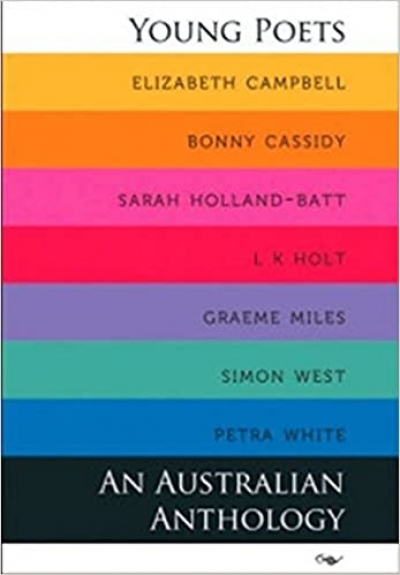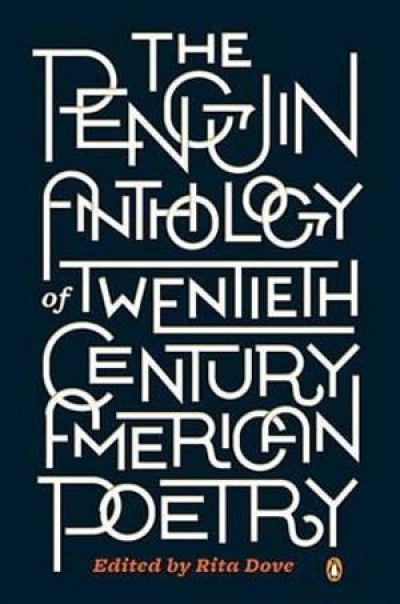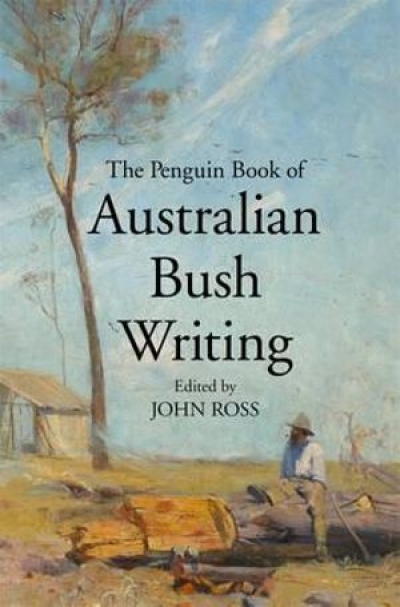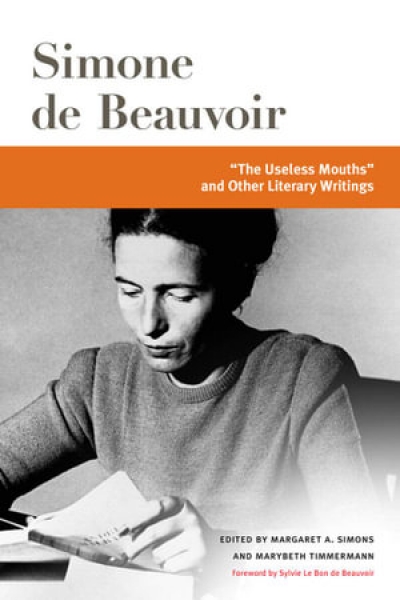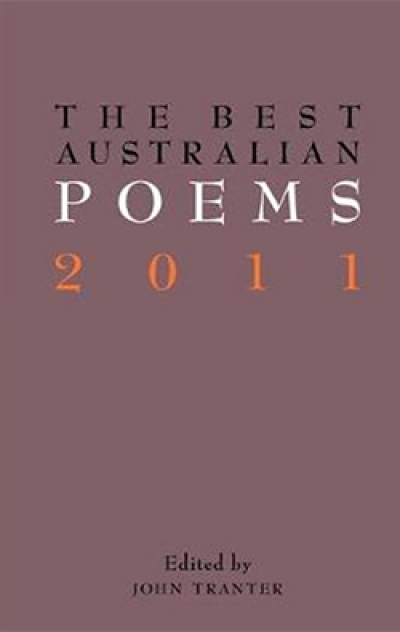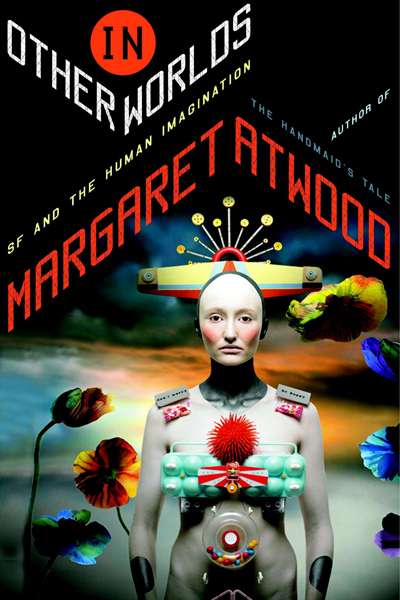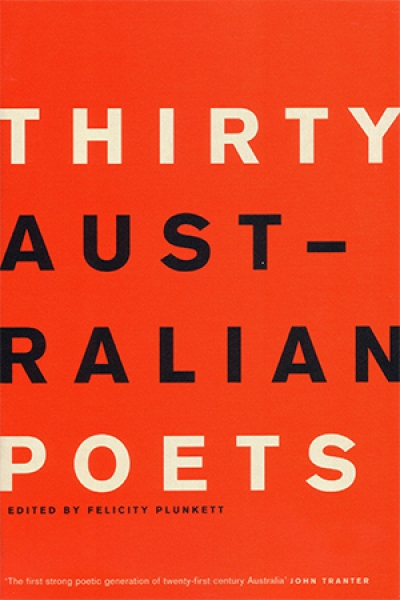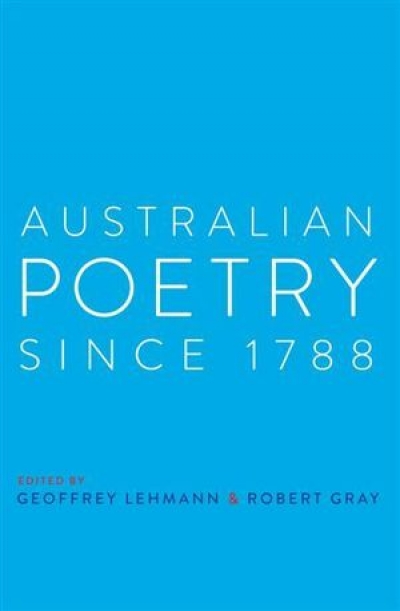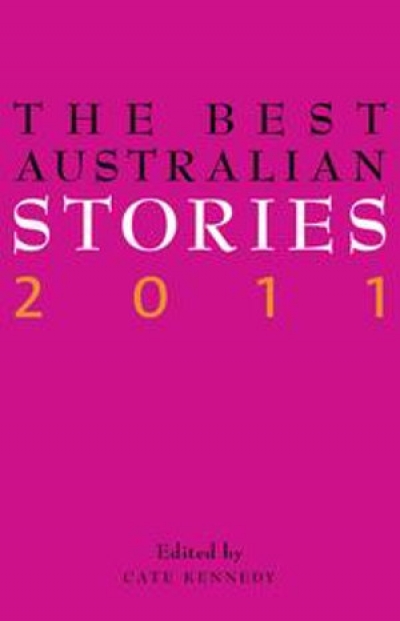Anthology
Young Poets: An Australian anthology edited by John Leonard
by Maria Takolander •
The Penguin Anthology of Twentieth-Century American Poetry edited by Rita Dove
by Paul Kane •
The Penguin Book of Australian Bush Writing edited by edited by John Ross
by Susan K. Martin •
‘The Useless Mouths’ and Other Literary Writings by Simone de Beauvoir, Margaret A. Simons and Marybeth Timmermann (editors)
by Colin Nettelbeck •
The Penguin Book of Australian War Writing edited by Mark Dapin
by David Day •
In Other Worlds: SF and the Human Imagination by Margaret Atwood
by Melinda Harvey •
Thirty Australian Poets edited by Felicity Plunkett
by Fiona Wright •
Australian Poetry since 1788 edited by Geoffrey Lehmann and Robert Gray
by Michael Hofmann •
The Best Australian Stories 2011 edited by Cate Kennedy
by Ruth Starke •

